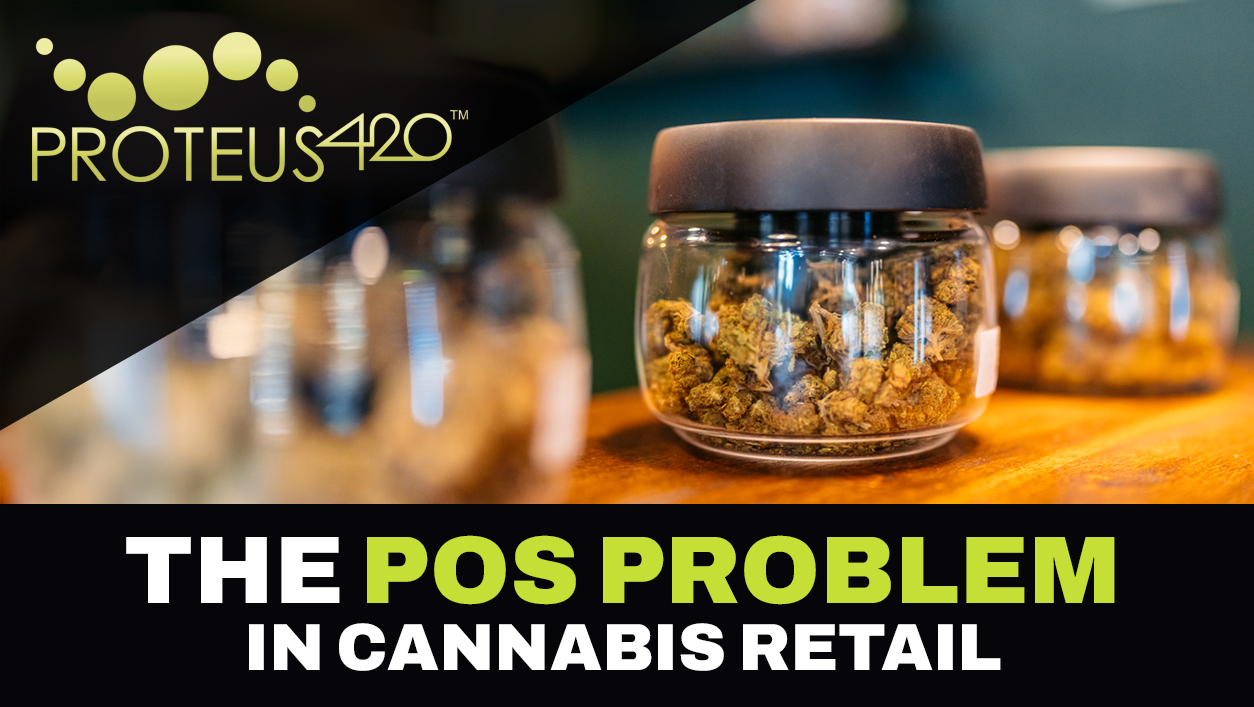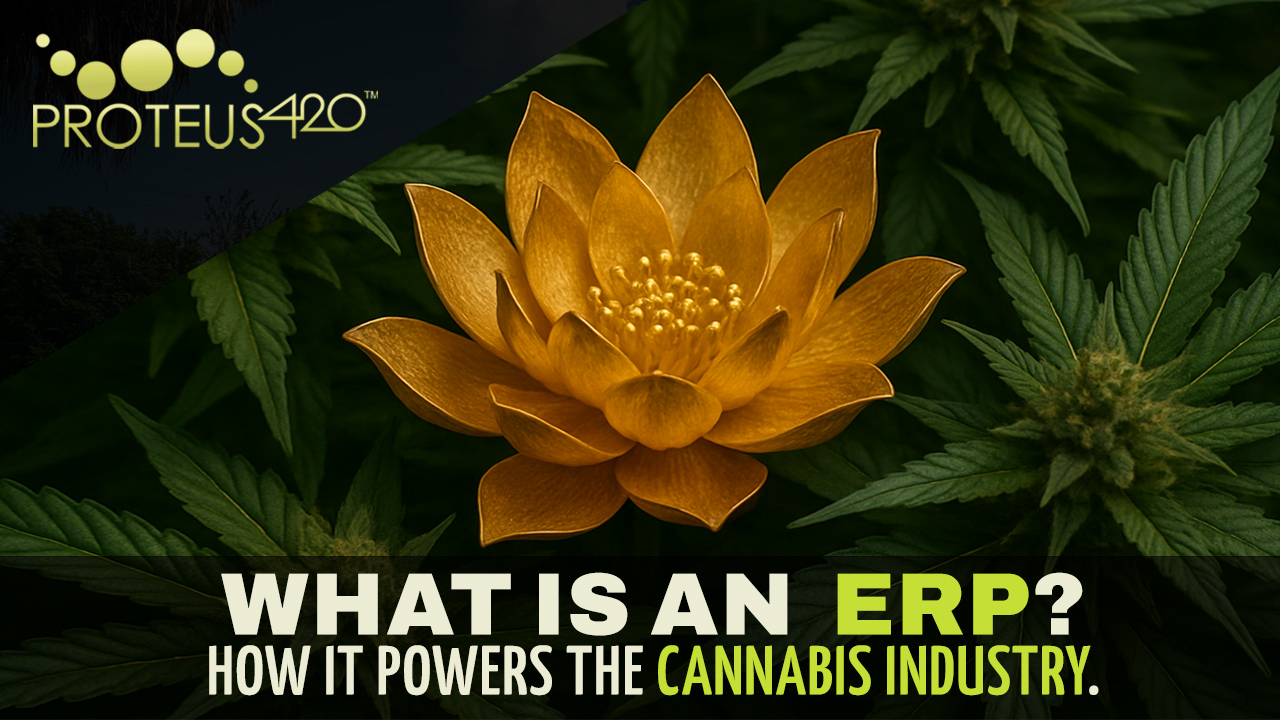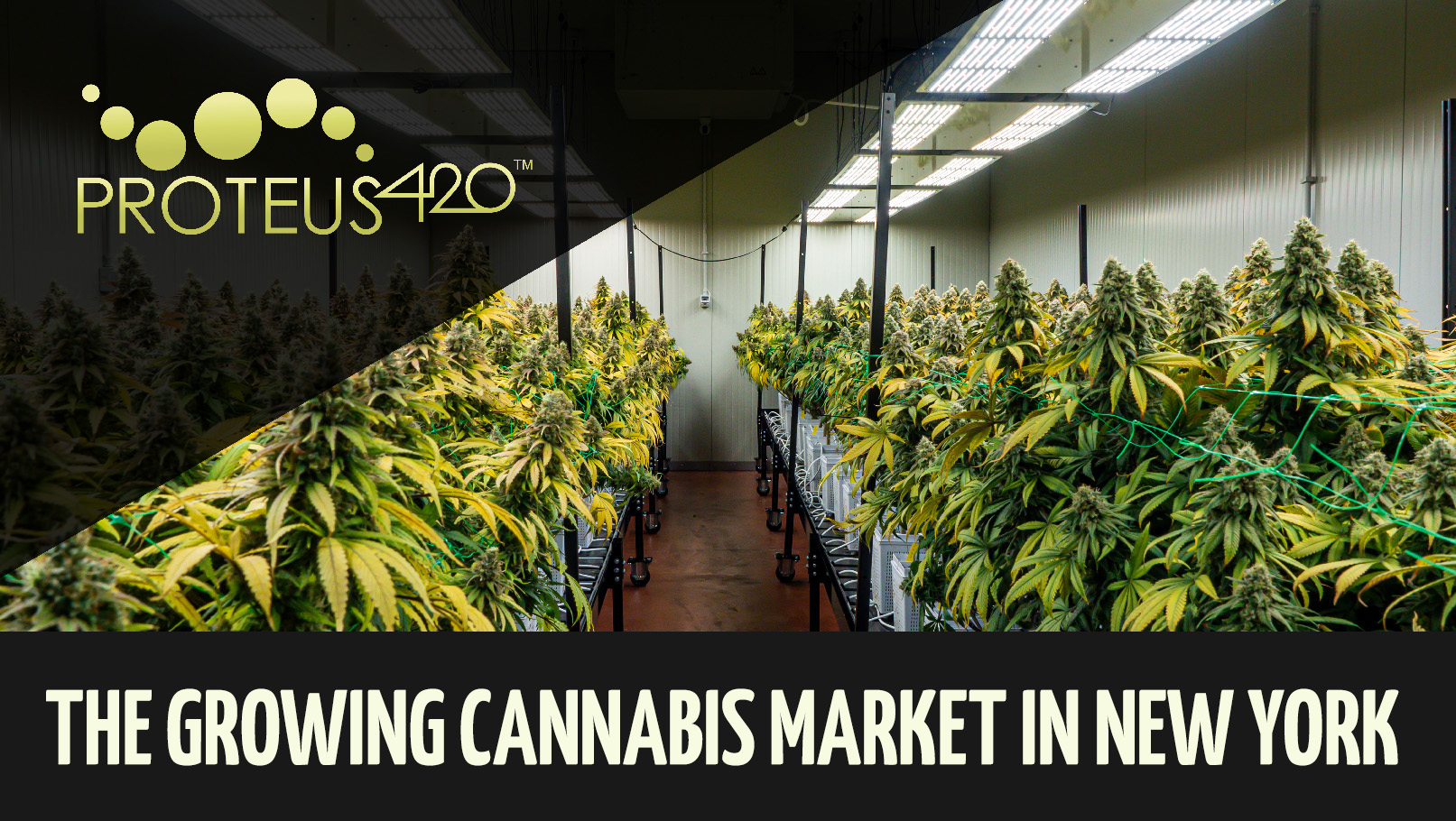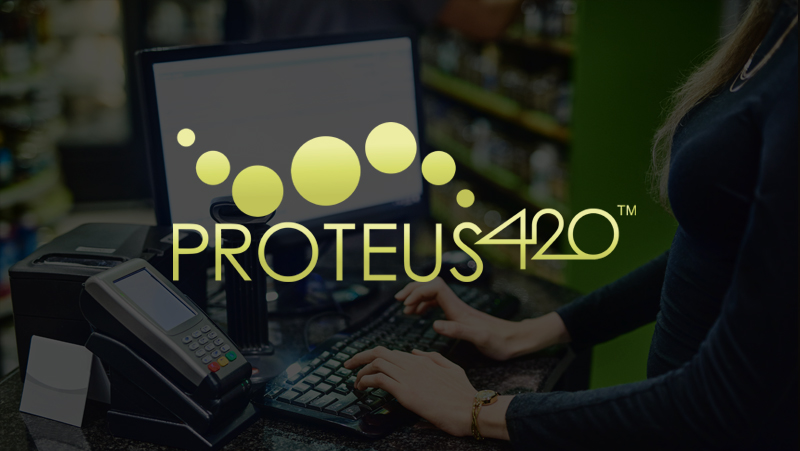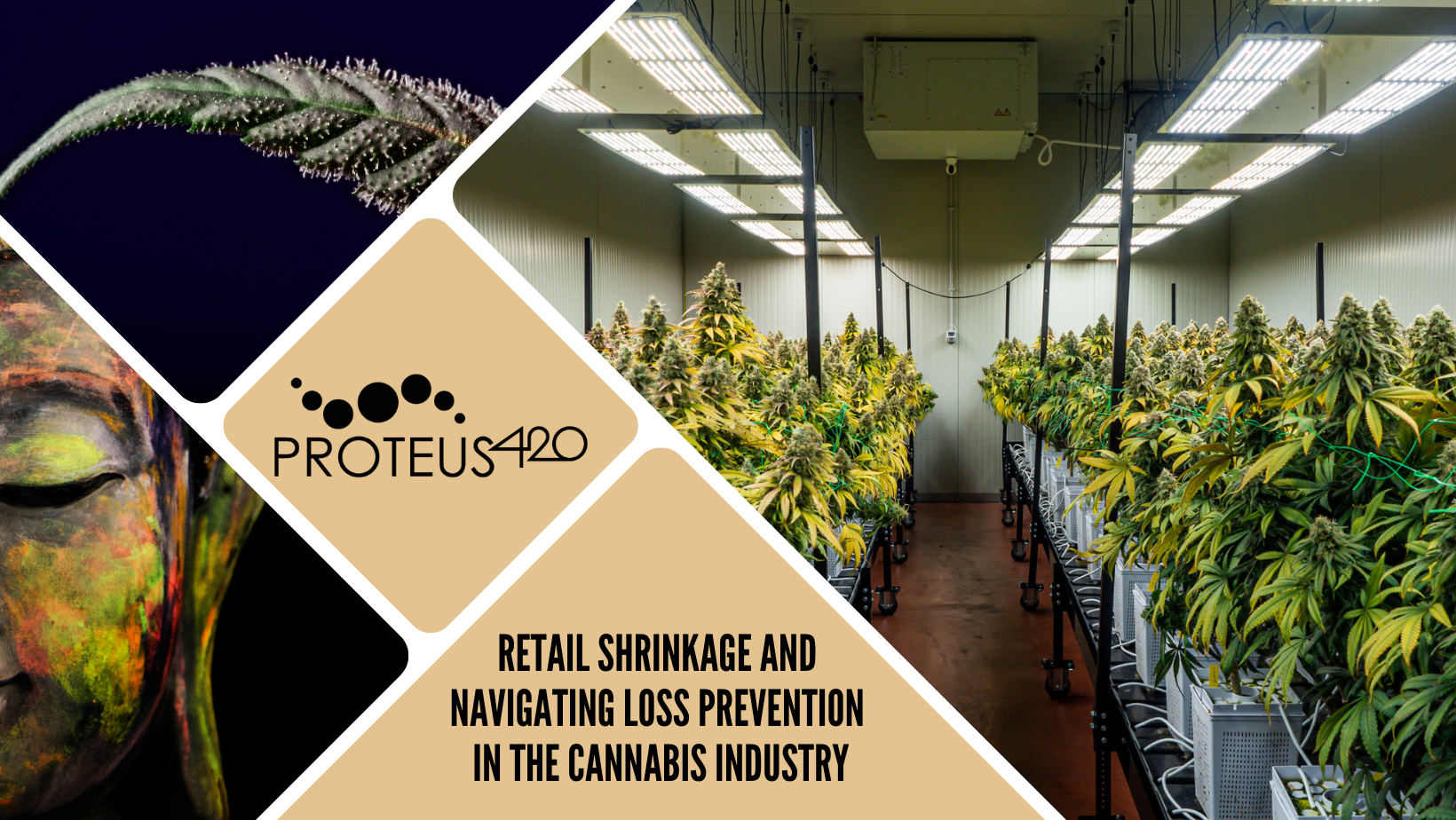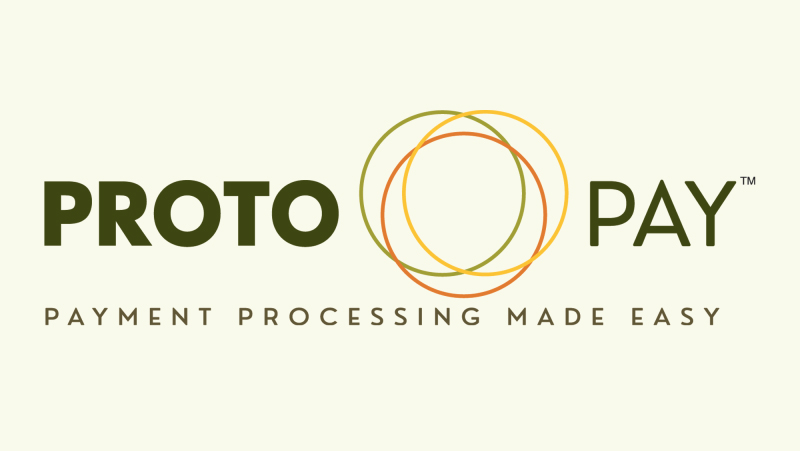PROTEUS420 BLOG
Protecting Your Business from Unrestricted Access Requests
As the original ERP built for the cannabis industry since 2008, PROTEUS420 understands that running a compliant, secure business is already co...
Whose Branding Are You Building? The POS Problem in Cannabis Retail
In the fast-moving, compliance-heavy world of cannabis retail, the right technology is critical. From inventory management to regulatory repor...
What Is an ERP? How It Powers the Cannabis Industry.
In the cannabis industry, managing operations across cultivation, manufacturing, distribution, and retail is complex. Compliance regulations are stric...
Tariffs and Cannabis: Could the Next Hit Be Financial?
The cannabis industry is no stranger to heavy regulation and taxation. Between compliance requirements, state-level taxes, and federal limitat...
Oklahoma’s New Cannabis Packaging Rule: What It Means and How to Stay Compliant with Confidence
New Packaging Rules Signal a Shift in Operations for Medical Cannabis Oklahoma’s medical cannabis market is entering a new era. Beginning June ...
STOP THE DEEP HATE: The Truth About 280E & The War on Cannabis Businesses
STOP THE DEEP HATE: The Truth About 280E & The War on Cannabis Businesses The Government Wants Your Taxes—But Not Your Rights The cannabis...
Florida’s “Super License” Winners: A Game-Changer for the State’s Cannabis Market
Florida just made history with the announcement of 22 winners of its exclusive "super license"—the only cannabis license in the coun...
The Future of POS: How AI and Smart Platforms are Revolutionizing Cannabis Retail
In the rapidly evolving landscape of retail technology, Artificial Intelligence (AI) has become a pivotal force, transforming traditional ...
Cannabis Industry Challenges in 2025
Published on January 21, 2025 The Cannabis Business Landscape in 2025 As the cannabis industry matures, 2025 is proving to be a pivotal y...
New York's Cannabis Market Expansion: Opportunities and Challenges
Published on January 21, 2025 The Growing Cannabis Market in New York The cannabis industry in New York is poised for significant gro...
The State of California's Cannabis Market in 2025
Published on January 1, 2025 Revitalizing California's Cannabis Industry: A Path Forward for Consumers, Retailers, and Cultivators Californ...
The Ineffective Artificial Intelligence: Understanding Predictive Analytics vs. Artificial Intelligence
In the rapidly evolving tech landscape, Artificial Intelligence (AI) and Predictive Analytics are often spotlighted as transformative forces driving...
Bounce Back with a Bang: Top 10 Ways to Make 5/20 Your New 4/20
After a less-than-stellar 4/20, it's clear that even the best-laid plans can go awry. But the cannabis industry is nothing if not resilient and innova...
How PROTEUS420 Addresses the Common Pain Points in Cannabis Software
The cannabis industry is burgeoning, and with it comes the challenge of managing complex operational, regulatory, and technological needs. PROTEUS420 ...
Maximize Your 4/20 Success:
Preparing your cannabis retail business for 4/20, a significant day in the cannabis culture celebrated annually on April 20th, requires strategic plan...
Retail Shrinkage and Navigating Loss Prevention in the Cannabis Industry
Retail shrinkage occurs when a company loses inventory from causes other than sales—and it’s a problem that costs companies $100 billion a...
Midterms 2022 - Where Does Your State Stand on Cannabis?
It is Monday Morning, t-minus 8 days until we are in #LasVegas for #mjbizcon2022 so stop by #Booth905 and say hello to our team. Visit with our ...
New York and the Yellow Brick Road to NO for Cannabis Shops.
ProtoPay Cannabis Payment Solutions New York and the Yellow Brick Road to NO for Cannabis Shops New York says NO! in over 400 localities! When you ...
ERP: The Cannabis Acronym
Proteus 420 offers a true, fully developed cannabis ERP If you’re seeking a cannabis license, then chances are your state requires you to imp...
Oklahoma METRC and PROTEUS420
PROTEUS 420 and Oklahoma's Transition to Metrc In September 2020, the Oklahoma Medical Marijuana Authority (OMMA) officially selected Metrc a...


